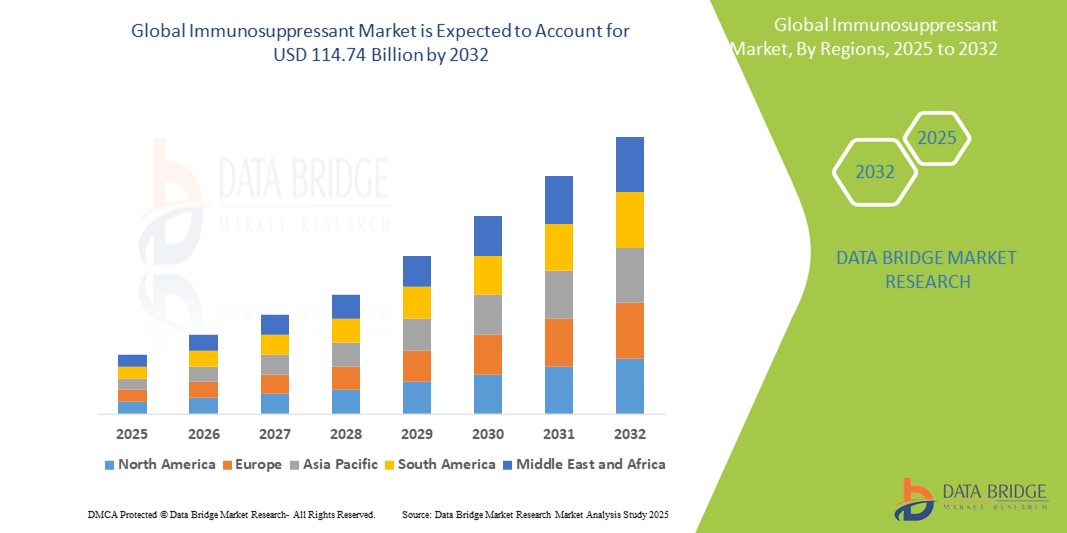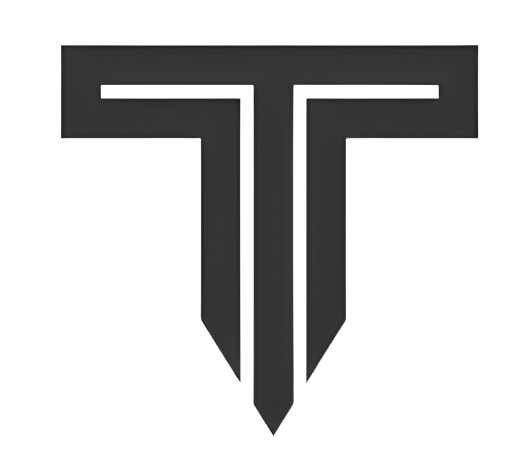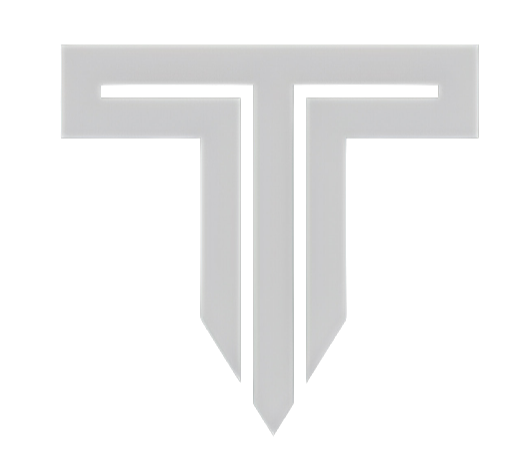
Executive Summary Immunosuppressant Market Size and Share Forecast
The global Immunosuppressant market size was valued at USD 38.30 billion in 2024 and is expected to reach USD 114.74 billion by 2032, at a CAGR of 14.70% during the forecast period.
Immunosuppressant Market business report is a well-generated market report which helps achieve comprehensive analysis of the market structure along with estimations of the various segments and sub-segments of the market. This report deals with plentiful aspects of the Immunosuppressant Market industry. The CAGR values covered here estimates the fluctuation about the rise or fall of demand for the specific forecasted period with respect to investment. A comprehensive market study and analysis of trends in consumer and supply chain dynamics underlined in this report assists businesses in drawing the strategies about sales, Market, advertising, and promotion.
While preparing a wonderful Immunosuppressant Market report, combination of best industry insight, practical solutions, talent solutions and latest technology have been utilized. Market segmentation emphasizes on the product consumption based on several factors that includes but are not limited to type, application, deployment model, end user and geographical region. Market drivers and market restraints evaluated here brings into light how the product is getting utilized in the recent period while giving estimations about the future usage. Use of well-known statistical tools and coherent models for analysis and forecasting of market data makes an international Immunosuppressant Market report outperforming.
Gain clarity on industry shifts, growth areas, and forecasts in our Immunosuppressant Market report. Get your copy:
https://www.databridgemarketresearch.com/reports/global-immunosuppressants-market
Immunosuppressant Market Review
**Segments**
- **Type**: The immunosuppressant market can be segmented based on the type of drug, including calcineurin inhibitors, antimetabolites, mTOR inhibitors, corticosteroids, and others. Calcineurin inhibitors such as cyclosporine and tacrolimus are widely used in organ transplant patients to prevent rejection. Antimetabolites like azathioprine and mycophenolate mofetil work by interfering with DNA synthesis in rapidly dividing cells. mTOR inhibitors, such as sirolimus and everolimus, target a different pathway involved in immune response regulation. Corticosteroids like prednisone are a common form of immunosuppressant used in a wide range of autoimmune and inflammatory conditions.
- **Application**: In terms of application, the market can be segmented into organ transplantation, autoimmune diseases, and others. Organ transplantation is a major application area for immunosuppressants, with a growing number of transplant procedures being conducted globally. Autoimmune diseases such as rheumatoid arthritis, lupus, and psoriasis also require immunosuppressant therapy to manage the overactive immune response that characterizes these conditions.
- **Distribution Channel**: The market can also be segmented based on distribution channels such as hospital pharmacies, retail pharmacies, and online pharmacies. Hospital pharmacies serve as the primary point of access for immunosuppressants, especially in the case of organ transplant patients who require close monitoring and dosage adjustments. Retail pharmacies play a role in providing ongoing medication refills for patients, while online pharmacies offer convenience and accessibility for those seeking to refill their prescriptions.
**Market Players**
- **Novartis AG**: A leading player in the immunosuppressant market, Novartis offers a range of medications for organ transplant patients and autoimmune diseases. The company's portfolio includes drugs like Neoral (cyclosporine) and Myfortic (mycophenolic acid) that are widely used in immunosuppressant therapy.
- **Pfizer Inc.**: Pfizer is another key player in the market, with offerings such as Prograf (tacrolimus) and Rapamune (sirolimus) for organ transplant recipients. The company's commitment to research and development in the field of immunosuppressants continues to drive innovation and advances in patient care.
- **F. Hoffmann-La Roche Ltd**: Roche is a prominent player in the immunosuppressant market, with products like CellCept (mycophenolate mofetil) and Prednisone that cater to the needs of transplant patients and those with autoimmune conditions. The company's focus on precision medicine and personalized healthcare contributes to its strong presence in the market.
The global immunosuppressant market is characterized by a diverse range of drug types, applications, and distribution channels, with key players like Novartis, Pfizer, and Roche driving innovation and growth in the industry. As the demand for immunosuppressant therapy continues to rise due to an increase in organ transplant procedures and autoimmune diseases, the market is projected to experience significant expansion in the coming years.
The global immunosuppressant market is witnessing steady growth driven by factors such as the increasing prevalence of autoimmune diseases, rising number of organ transplant procedures, and advancements in drug development. One key trend shaping the market is the growing focus on personalized medicine and precision healthcare, leading to the development of targeted therapies that offer improved efficacy and safety profiles. Market players are investing heavily in research and development to bring innovative immunosuppressant drugs to market, catering to the complex needs of patients with various immune-related conditions.
In terms of segmentation by drug type, while calcineurin inhibitors and antimetabolites have been traditionally dominant in the market, there is a growing interest in newer classes of immunosuppressants such as mTOR inhibitors and targeted biologics. These emerging therapies offer alternative treatment options with potentially better outcomes and fewer side effects, driving their adoption in clinical practice. Additionally, the market segmentation by application highlights the diverse therapeutic areas where immunosuppressants play a crucial role, ranging from organ transplantation to managing autoimmune disorders like rheumatoid arthritis and lupus.
Distribution channels also play a significant role in determining the accessibility and availability of immunosuppressants to patients. While hospital pharmacies remain the primary source of these medications, the rise of retail and online pharmacies is providing patients with greater convenience and flexibility in accessing their prescribed therapies. The shift towards telemedicine and digital healthcare solutions further enhances the reach of immunosuppressants, enabling remote monitoring and prescription management for patients in need of long-term therapy.
Key market players such as Novartis, Pfizer, and Roche continue to drive innovation and market growth through strategic collaborations, acquisitions, and product portfolio expansions. These companies are leveraging their strong R&D capabilities and global presence to introduce novel immunosuppressant therapies that address unmet medical needs and offer enhanced patient outcomes. The competitive landscape of the market is characterized by intense rivalry, with players focusing on differentiation through personalized medicine approaches, novel drug delivery systems, and precision-targeted therapies.
Looking ahead, the global immunosuppressant market is poised for continued expansion, driven by the increasing burden of autoimmune diseases, expanding transplant procedures, and ongoing advancements in drug development and delivery. Market dynamics such as regulatory changes, healthcare reforms, and technological innovations will shape the future landscape of the immunosuppressant market, presenting opportunities for growth and market penetration for both established players and new entrants in the industry.The global immunosuppressant market is a dynamic and rapidly evolving sector driven by a combination of factors including the increasing prevalence of autoimmune diseases, rising demand for organ transplant procedures, and ongoing advancements in drug development. One key trend shaping the market is the shift towards personalized medicine and precision healthcare, which is leading to the development of targeted therapies that offer better efficacy and safety profiles for patients. Market players such as Novartis, Pfizer, and Roche are at the forefront of driving innovation and growth in the industry through strategic collaborations, acquisitions, and expansions of their product portfolios.
In terms of segmentation by drug type, while calcineurin inhibitors and antimetabolites have traditionally been the mainstay of immunosuppressant therapy, there is a growing interest in newer classes of drugs such as mTOR inhibitors and targeted biologics. These emerging therapies offer alternative treatment options with potentially better outcomes and reduced side effects, which are driving their adoption in clinical practice. The market segmentation by application underscores the diverse therapeutic areas where immunosuppressants are essential, ranging from organ transplantation to the management of autoimmune disorders like rheumatoid arthritis and lupus.
Distribution channels also play a crucial role in ensuring access to immunosuppressants for patients. While hospital pharmacies continue to be the primary source of these medications, the rise of retail and online pharmacies is providing patients with greater convenience and flexibility in obtaining their prescribed therapies. Furthermore, the adoption of telemedicine and digital healthcare solutions is expanding the reach of immunosuppressants, enabling remote monitoring and prescription management for patients requiring long-term therapy.
Looking ahead, the global immunosuppressant market is poised for significant growth driven by factors such as the increasing burden of autoimmune diseases, expanding transplant procedures, and continuous advancements in drug development and delivery. Market dynamics including regulatory changes, healthcare reforms, and technological innovations will shape the future landscape of the immunosuppressant market, offering opportunities for growth and market penetration for both established players and new entrants in the industry. The competitive landscape of the market is characterized by intense rivalry, with companies focusing on differentiation through personalized medicine approaches, innovative drug delivery systems, and precision-targeted therapies to meet the evolving needs of patients with immune-related conditions.
Uncover the company’s portion of market ownership
https://www.databridgemarketresearch.com/reports/global-immunosuppressants-market/companies
Structured Market Research Questions for Immunosuppressant Market
- What is the current market size estimate of the Immunosuppressant Market sector?
- What CAGR is projected over the forecast timeline?
- What segment types are discussed in the Immunosuppressant Market report?
- Who are the strategic players in this Immunosuppressant Market?
- What notable product updates have been launched recently?
- What countries are mapped in the regional analysis for Immunosuppressant Market?
- What zone is undergoing the quickest transformation?
- Which country is expected to capture a dominant share?
- Which region has the widest reach and influence?
- Which country is set to register top CAGR figures for Immunosuppressant Market?
Browse More Reports:
Global Cartoning Machines Market
Global Aerospace Lubricant Market
North America Elastomer Coated Fabrics Market
North America Dual Emission X-Ray Absorptiometry (DEXA) Equipment Market
Middle East and Africa Dehydrated Onion Market
Asia-Pacific Liposuction Devices Market
Asia-Pacific Wi-Fi Chipset Market
Global Information Security Consulting Market
Global Slotted Boxes Market
Global Industrial Margarine Market
Global Radiation Dose Management Market
Europe Water Detection Sensors Market
Global Atypical Mycobacteriosis Treatment Market
Global Bank Kiosks Market
APAC and SEA Optical Measurement Market
About Data Bridge Market Research:
An absolute way to forecast what the future holds is to comprehend the trend today!
Data Bridge Market Research set forth itself as an unconventional and neoteric market research and consulting firm with an unparalleled level of resilience and integrated approaches. We are determined to unearth the best market opportunities and foster efficient information for your business to thrive in the market. Data Bridge endeavors to provide appropriate solutions to the complex business challenges and initiates an effortless decision-making process. Data Bridge is an aftermath of sheer wisdom and experience which was formulated and framed in the year 2015 in Pune.
Contact Us:
Data Bridge Market Research
US: +1 614 591 3140
UK: +44 845 154 9652
APAC : +653 1251 975
Email:- [email protected]


